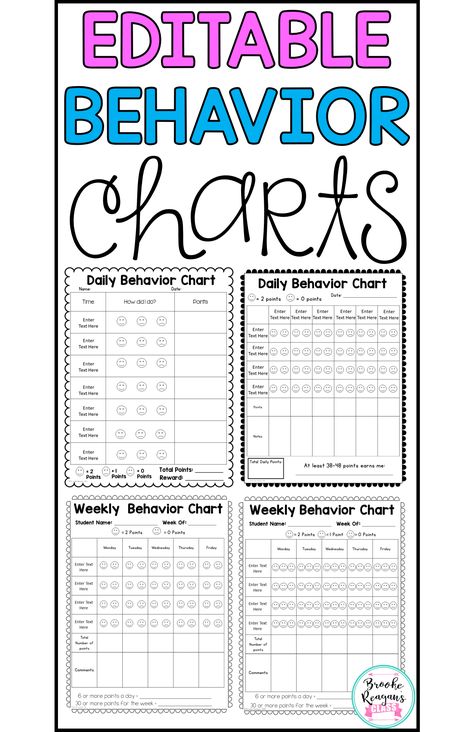18 month behavior
Your toddler's developmental milestones at 18 months
Explainer
Everything you need to know about your growing 18-month-old.
UNICEF
Your 18-month-old toddler is now walking and using basic words. At this age, children love to play and explore. They begin to show some independence and may play pretend and point at objects they want. They also begin to understand what things in the house are used for, such as a cup or spoon. Your toddler may have temper tantrums around this age, when she/he grows frustrated trying to communicate how she/he feels.
| Social and emotional |
| Language and communication |
| Brain development |
| Movement and physical development |
| Food and nutrition |
| Things to look out for |
| Tips and resources |
| < Back to Parenting Milestones |
Social and emotional milestones at 18 months
Some of the ways you’ll see your little one learning to connect with the people around her at 18 months.
- May be afraid of strangers but will show affection to familiar people.
- Points to show interest in something.
- Likes to play by handing things to people or playing simple pretend.
- May have some tantrums.
- Might cling to caregivers in new situations or explore alone but with a parent close by.
Tips for parents
- Create joint play opportunities with your toddler.
- Praise your toddler when she shows signs of empathy by sharing her toy, taking care of toys or giving a caring gesture to others. All of these things help support social and emotional development.
Language and communication milestones at 18 months
How your toddler is expressing his needs.
- Shakes his head “no.”
- Can say several single words.
- Points to show what he wants.
Tips for parents
- Pay attention to what your toddler is pointing to and make it a language development opportunity by naming the object he is pointing to.

Brain development milestones at 18 months
Your child’s brain is growing!
- She recognizes everyday objects.
- Points to get attention.
- Pretends to feed her favourite stuffed animals.
- Can point to a body part.
- Can follow one-step commands without gestures.
Tips for parents
- Provide your toddler with toys for pretend play.
Movement and physical development milestones at 18 months
How he’ll move through his environment.
- Can walk alone.
- Can help undress himself.
- Uses utensils when feeding.
- May start walking up stairs.
- Pulls toys while walking.
Tips for parents
- Encourage your child to participate in everyday routines like getting dressed.
Food and nutrition milestones at 18 months
What mealtimes look like at 18 months.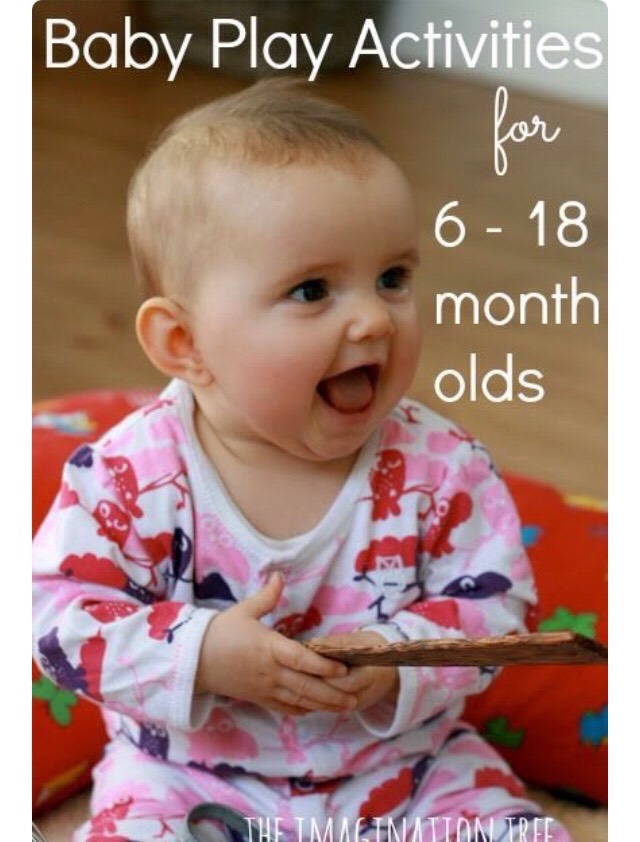
- Tries more chopped solid foods like chicken or squash.
- Can hold and drink from a cup.
Tips for parents
- Give her plenty of time to eat. She will be able to eat most of the same foods as adults and more easily uses utensils.
Things to look out for
While all children develop differently, you should speak to your paediatrician if your 18-month-old:
- Can't walk.
- Doesn’t point.
- Doesn’t try to copy others.
- Isn’t learning new words.
- Can’t say at least six words.
- Doesn’t notice when a parent leaves or returns.
- Loses skills he once had.
True or False?
Loading...
Explore age groups
2 Months | 4 Months | 6 Months | 9 Months | 1 Year | 18 Months | 2 Years
< Back to Parenting Milestones
Toddler development at 18-24 months
Toddler development at 18-24 months: what’s happening
Feelings
At this age, toddlers starts to experience new emotions like anger and frustration, guilt, shame, possessiveness and excitement.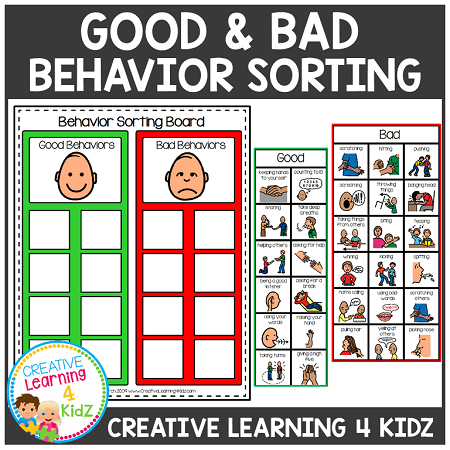 These ‘big’ emotions can be hard to deal with for your child, and you might see some temper tantrums as a result.
These ‘big’ emotions can be hard to deal with for your child, and you might see some temper tantrums as a result.
Although your child’s separation anxiety peaks at around 18 months, by 2 years it should start to settle down.
Your child is also beginning to think about how they feel and might link feelings with words – for example, your child might tell you they’re ‘sad’. They might show affection by giving you a kiss or hugging a doll, which is also part of developing empathy.
Everyday skills
Around this time, toddlers are keen to do more things independently.
For example, your child is learning to feed themselves using a spoon and cup, and maybe even a fork – there might even be fewer spills than before!
Your child might try to help when getting dressed and undressed. At this age, it’s easier for your child to take off socks, shoes and clothes without buttons.
Generally, your child might show signs that they’re ready for toilet training from 2 years on.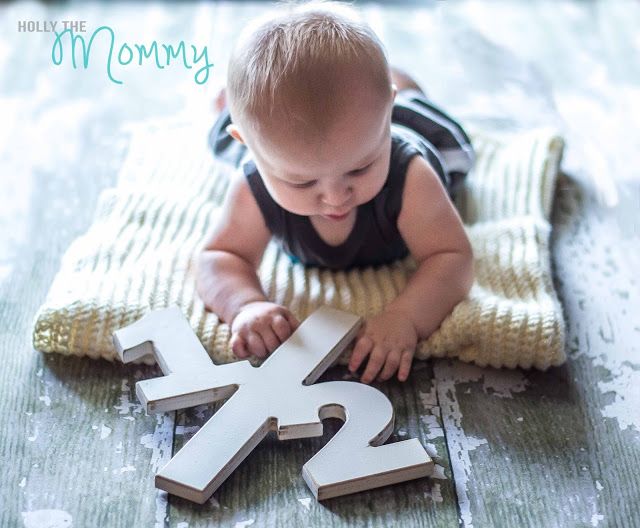 But it’s not unusual for some children to show signs of being ready earlier, at around 18 months.
But it’s not unusual for some children to show signs of being ready earlier, at around 18 months.
Playing and learning
Play is important because it’s how children learn.
At this age, your child will start imagining and creating through pretend play – for example, pretending to drink from a cup. As your child grows older, pretend play gets more complex, and you might find your child doing things like sweeping the floor with a tree branch. Your child will enjoy spending time with siblings and other children, even if they don’t play directly with others.
Talking
Toddlers enjoy talking at this age. Your child’s words might even have up-and-down tones, just like an adult’s. You’ll most likely hear a mix of ‘babble’ and real words.
At 18 months, your child is learning words all the time – usually 1-2 words a week, or maybe even a word a day. Your child might name and point at familiar objects, people and body parts – for example, ears, nose or toes.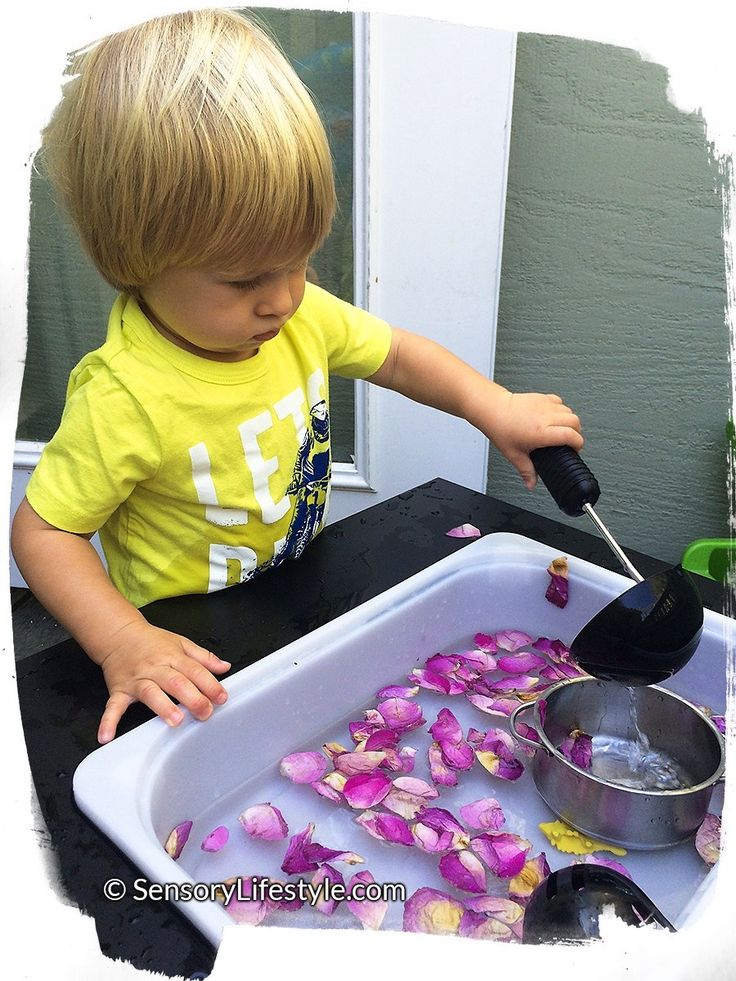 Your child might also make animal sounds like ‘moo’ or say the same sound or word over and over.
Your child might also make animal sounds like ‘moo’ or say the same sound or word over and over.
Your child knows their own name and the idea of ‘mine’. They’re getting better at understanding simple sentences and instructions like ‘Bring it to Mum’ or ‘Let’s go for a walk’. You’ll be able to understand more of what your child says to you.
By 2 years, your child might be able to say ‘I’, ‘you’ and ‘me’ and use sentences with 2-3 words – for example, ‘Mummy car’ or ‘me do it’.
Moving
Toddlers usually walk on their own by 18 months and begin to run. Your child will probably walk up and down stairs or climb furniture with your help. Throwing and kicking a ball, scribbling with pencils or crayons, and building small towers of blocks might be some of your child’s favourite things.
It’s a good idea to look at how you can make your home safe for your active child to move around in.
At this age, your child might also:
- ask for ‘more’ and say ‘no’ when asked to do something
- copy you – for example, they might help you sweep the floor
- sit themselves in a small chair
- walk around carrying larger objects
- use one hand more than the other by 2 years.
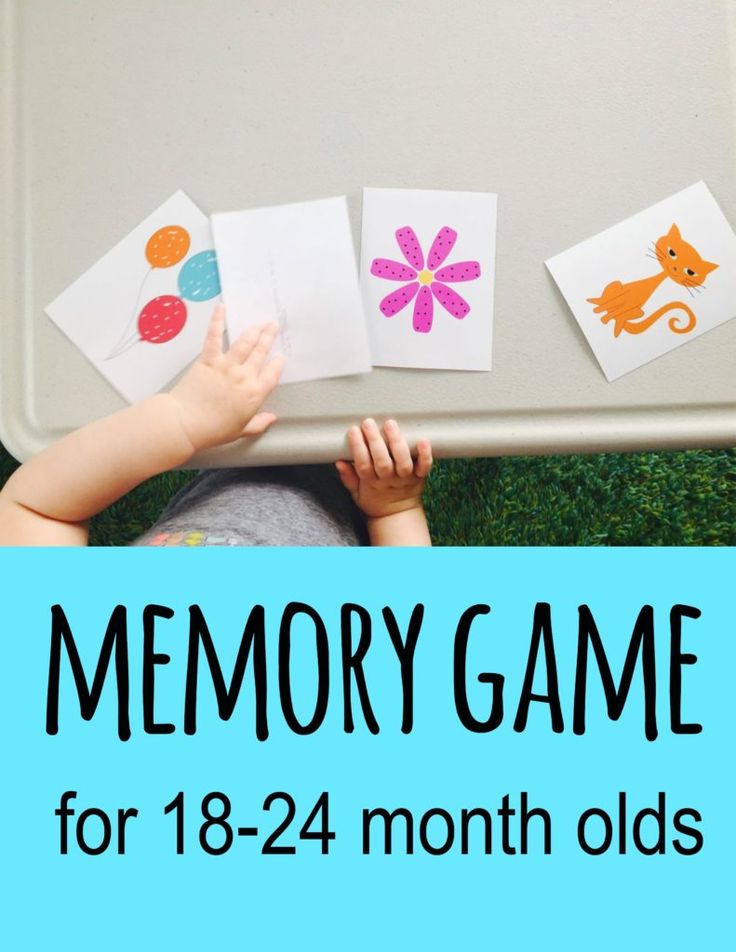
When your child learns a new skill, celebrate the achievement with plenty of praise and positive attention. It’s also a good idea to help and encourage your child to keep doing the things they’ve learned, even if those things are difficult.
Helping toddler development at 18-24 months
Here are some simple things you can do to help your child’s development at this age:
- Be there for your child: If you’re nearby while your child plays and explores, it gives your child confidence to try new things on their own. This can help your child to be independent and self-confident later on.
- Give your child the chance to play with others: play is a great way for your child to make friends and learn how to be with other children. But don’t expect sharing and taking turns just yet – toddlers often think that everything belongs to them.
- Encourage everyday skills like using a spoon, drinking from a cup and taking off a hat. These skills involve both small and big muscle movements, as well as your child’s ability to think about what they’re doing.
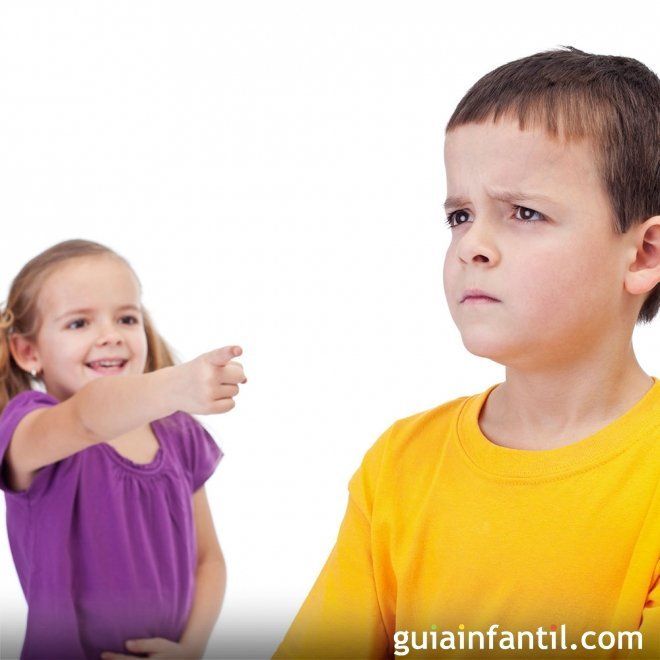
- Talk with your toddler: naming and talking about everyday things – body parts, toys and household items like spoons or chairs – helps develop language skills. At this age, you can teach your child that a ‘chair’ can be a ‘big chair’, ‘red chair’ or even a ‘big red chair’.
- Give meaning to your child’s talking by listening and talking back. If your child says ‘Mama milk’, you might reply by saying ‘You want Mum to get you some milk?’ This encourages conversation and helps your child build communication skills. It also makes your child feel valued and loved.
- Read with your child: you can encourage your child’s talking and imagination by reading together, telling stories, singing songs and reciting nursery rhymes.
Parenting toddlers at 18-24 months
As a parent, you’re always learning. It’s OK to feel confident about what you know. And it’s also OK to admit you don’t know something and ask questions or get help.
When you’re focused on looking after a child, you might forget or run out of time to look after yourself. But looking after yourself physically, mentally and emotionally will help your child grow and thrive.
But looking after yourself physically, mentally and emotionally will help your child grow and thrive.
Sometimes you might feel frustrated, upset or overwhelmed. It’s OK to take some time out until you feel calmer. Put your child in a safe place like a cot, or ask someone else to look after your child for a while. Try going to another room to breathe deeply, or call a family member or friend to talk things through.
Never shake a toddler. It can cause bleeding inside the brain and likely permanent brain damage.
It’s OK to ask for help. If you’re feeling overwhelmed by the demands of caring for your child, call your local Parentline. You might also like to try our ideas for dealing with anger, anxiety and stress.
When to be concerned about toddler development at 18 months
See your child and family health nurse or GP if you have any concerns or notice that your 18-month-old child has any of the following issues.
Seeing, hearing and communicating
Your child:
- has trouble seeing or hearing things
- doesn’t say any single words
- doesn’t point, wave or use other gestures
- doesn’t follow simple instructions – for example, ‘Please give me the ball’.

Behaviour and play
Your child doesn’t enjoy eye contact or cuddles with you or isn’t showing their feelings.
Movement and motor skills
Your child:
- isn’t walking on their own
- uses one hand a lot more than the other (usually children don’t use one hand more than the other until closer to 2 years).
When to be concerned about toddler development at 2 years
See your child and family health nurse or GP if you notice your 2-year-old has any of the following issues.
Seeing, hearing and communicating
Your child:
- has trouble seeing or hearing things
- isn’t using two words together – for example, ‘red car’
- can’t follow simple instructions – for example, ‘Please give me the ball’.
Behaviour and play
Your child:
- isn’t showing their feelings
- doesn’t come to you for affection or comfort
- doesn’t copy actions or words – for example, when singing ‘Heads, shoulders, knees and toes’
- doesn’t pretend during play – for example, doesn’t pretend to talk on the phone.
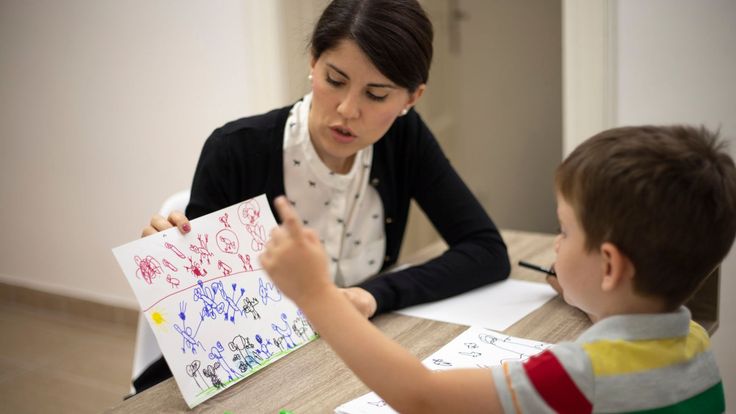
Movement and motor skills
Your child:
- can’t walk up and down stairs, even if holding on to you or a rail
- can’t run
- finds it hard to handle small objects – for example, a pencil or crayon
- isn’t scribbling.
You should see a child health professional if you notice your child is losing skills they had before.
You should also see your child and family health nurse or GP if you or your partner experiences the signs of postnatal depression in birthing mothers or postnatal depression in non-birthing parents. Symptoms of postnatal depression include feeling sad and crying for no obvious reason, feeling irritable, having difficulty coping and feeling very anxious.
Children grow and develop at different speeds. If you’re worried about whether your child’s development is ‘normal’, it might help to know that ‘normal’ varies a lot. But if you still feel that something isn’t quite right, see your child and family health nurse or GP.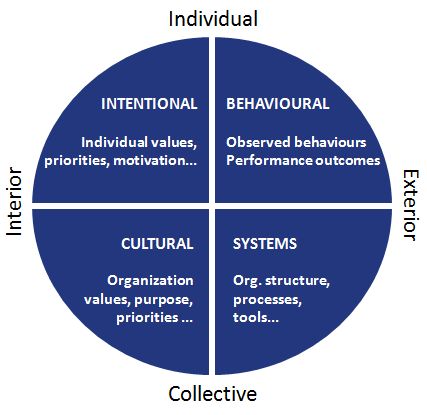
Development of children from 1 to 2 years old
For readers → To readers from 0 to 3 years old → Baby development calendar → Development of children from 1 to 2 years old
Age characteristics of a child from one to 2 years old.
By 1 year and 3 months, the child walks, squats and bends independently. Knows how to fulfill simple requests from an adult (feed a doll, build a house, etc.), correctly names 4-6 objects when they are shown to him.
Begins to actively use easier words (dog - “av-av”, car - “bee-bee”, etc.), can step over objects lying on the floor, run, hold a cup while drinking, use a spoon more skillfully .
A one and a half year old baby strings pyramid rings, builds a tower of cubes, knows almost all his toys and serves them on request. Parents should regularly potty-train their child - every time before and after sleep, after meals, before and after a walk. Success can be praised, but one should not reprimand sternly for wet pants, insistently keep on the potty, demanding a result, and be angry for its absence, one should not. This causes a negative reaction in the child and can contribute to the development of stubbornness.
This causes a negative reaction in the child and can contribute to the development of stubbornness.
In the second year of life, a child's character changes noticeably. He begins to show increased interest in the surrounding objects, tries to look into all corners of the apartment, climb into the drawers of the table or closet. Knows well the meaning of the words "can" and "impossible", but is not always able to obey the ban. This is due to the fact that the child has not yet developed certain behaviors, and in some cases, when he is told the word “no”, he simply does not know how to behave, so he continues to be naughty.
At the age of 1 year and 9 months, the child pushes the ball with his foot, climbs the stairs, answers questions while looking at plot pictures. There are about 20 words in his dictionary. Makes independent attempts to dress and undress.
At 2 years old, the child throws the ball over his head, uses short sentences, understands defining prepositions (on, under, next to, behind).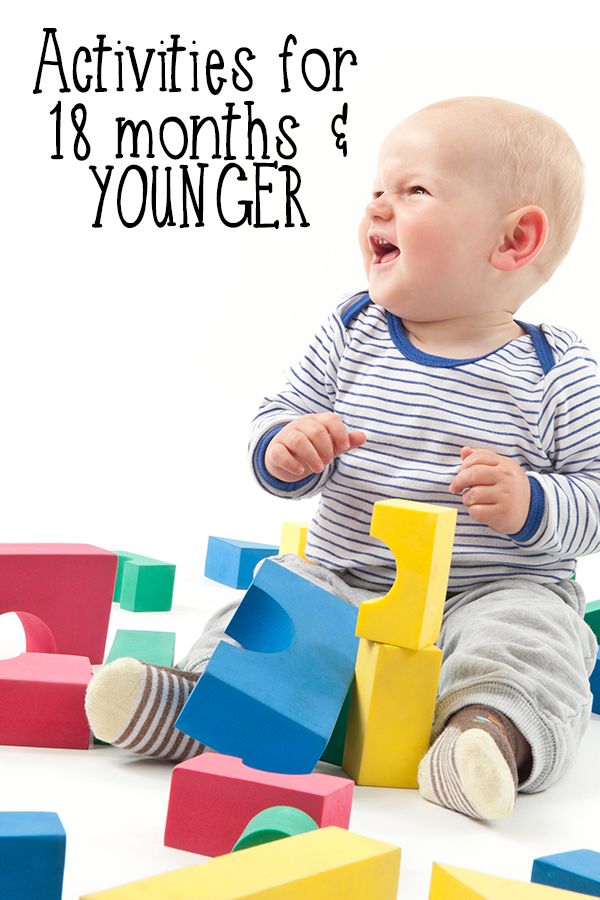 Can use his own name when talking about himself. The child knows how to eat on his own, unfastens large buttons, washes and dries his hands, willingly plays simple games, brushes his teeth with the help of an adult. At this stage of development, it is necessary to enrich the child's world with educational toys, they contribute to the development of intelligence, creative inclinations and abstract thinking.
Can use his own name when talking about himself. The child knows how to eat on his own, unfastens large buttons, washes and dries his hands, willingly plays simple games, brushes his teeth with the help of an adult. At this stage of development, it is necessary to enrich the child's world with educational toys, they contribute to the development of intelligence, creative inclinations and abstract thinking.
I won't, I don't want to! Obedience is one of the components of education. With its help, adults try to protect the child from mistakes, convey their own life experience, help to avoid dangerous turns. And often the refusals of the baby to obey are perceived by adults as a “challenge”. But the period of denial is an inevitable phase in the development of the crumbs: his future volitional qualities depend on it.
A hundred times "no"!
“After a year and a half, Gera turned into a “not wanting”. I offer him a banana, his favorite treat, - he runs away with a cry: "I don't want to!". I try to wash it - it breaks out, stubbornly repeating: “No, no!”. Even the morning greeting is answered with dissatisfied denial. (Galina, mother of Herman, 1 year 7 months)
I try to wash it - it breaks out, stubbornly repeating: “No, no!”. Even the morning greeting is answered with dissatisfied denial. (Galina, mother of Herman, 1 year 7 months)
Psychologist's comment
At the age of 1.5-2 years there is a leap in the physical and mental development of the child. The kid already understands the meaning of many words, learns to speak, to communicate with others. One of the first words to appear in a child's vocabulary is "no", which has a pronounced negative connotation. Children early realize that with the help of this short word, which carries a strong emotional charge, they are able to convey their opinion to adults. Around the same period, children (some later - about 3 years old) begin the so-called "age of systematic refusal", when the baby begins to refuse to the place and to the place, refusing even his favorite dishes or the desired toy. Sometimes it seems that the child no longer needs the approval of his relatives, but, on the contrary, is trying in every possible way to annoy his parents, doing everything in defiance, provoking a conflict: the mother offers to read a book - the baby screams: “Walk!”, but as soon as the mother puts away the book and starts getting ready like a child throws himself with cries: “Read!”.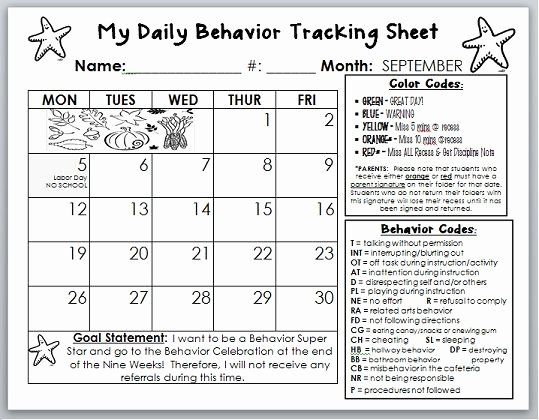 Parents often write off such manifestations as “spoiled character”, “bad heredity”, “bad upbringing”.
Parents often write off such manifestations as “spoiled character”, “bad heredity”, “bad upbringing”.
The child's refusals should be taken calmly: a nervous reaction aggravates the situation. However, the fact is that at about 2-3 years old, strong-willed qualities are formed in children, the desire for independence, self-sufficiency, which the famous psychologist Erik Erickson called “autonomy”. Children stop needing excessive care from adults and want to make their own choices. Often the child is not yet able to competently express his desires and, more often than not, he cannot even understand his feelings and experiences, and therefore, torn apart by contradictions, he begins to deny everything, to refuse everything. However, it is precisely this “wacky” behavior that speaks of the normal mental development of the baby. The child still needs the recognition of adults, wants to earn praise, but at the same time seeks to stand out, to find his own "I". Therefore, parents should not be angry with the baby, but should “expand the living space”, provide a choice.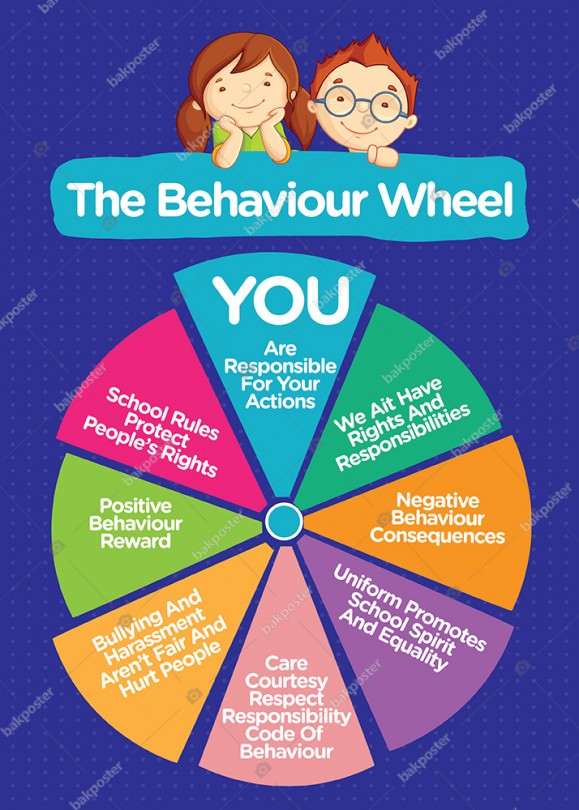
Lessons of diplomacy
Excessive restrictions, constant prohibitions, neglect of the child's achievements only reinforce obstinate behavior. Excitable children may become hysterical, fall to the floor, kick their feet, and sob. However, it is important for parents not to succumb to provocation, but at the same time “loosen the reins”, remove some of the prohibitions and provide the baby with a certain freedom. Of course, at the same time, adults can (and should) guide the child, but carefully, imperceptibly, without pressure.
Source: psychologist Larisa Zakharova
Magazine "Happy Parents", No. 135.
http://www.parents-online.ru/
References:
1. Akhmylova, N. Rash, sand, lei water / N. Akhmylova // Lisa. My child. - 2007. - N 8. - P.66-68.
2. Zabegailova, S. What book should a child buy? / S. Zabegailova // Lisa. My child. - 2007. - N 1. - P.70-71.
3.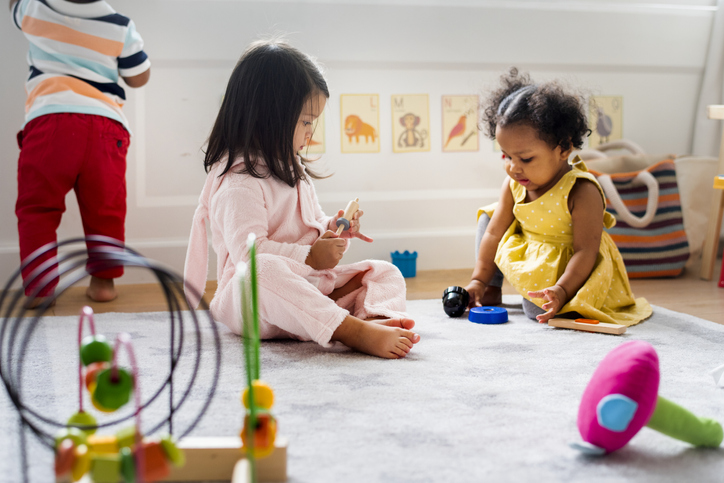 Karelskaya, E. G. Our well-spoken kids / E. G. Karelskaya // Lisa. My child. -2007. – No. 9. - S. 134-136.
Karelskaya, E. G. Our well-spoken kids / E. G. Karelskaya // Lisa. My child. -2007. – No. 9. - S. 134-136.
4. Matushkina, O. I am a know-it-all! / O. Ya. Matushkina // Liza. My child. - 2008. - N 5. - S. 118-123.
5. Pavlova, L. Pedagogy for the smallest: the ninth month / L. Pavlova // 9 months. - 2010. - N 9. - P. 90-98.
6. Pavlova, L. Pedagogy for the smallest: the eighth month /L. Pavlova // 9 months. - 2010. - N 8. - P.82-87.
7. Smirnova, E. Maria Montessori: the system of preschool education / E. Smirnova // Preschool education. - 2007. - N 2. - C. 110-114.
8. Shibanova, A. Oh, yes, our fingers! / A. Shibanova // Liza. My child. - 2007. - N 7. - P.142-144.
9. I want to be smart // Liza. My child. - 2007. - N 2. - P.86-91.
Turning points in development from the 12th to the 24th month of life - Mom's Club. All About Pregnancy, Baby & Toddler Development
Babies aged 12 to 24 months are developing in the most exciting, exciting and amazing ways! Physically, socially, emotionally and verbally, they become more independent and able to express their nascent personality.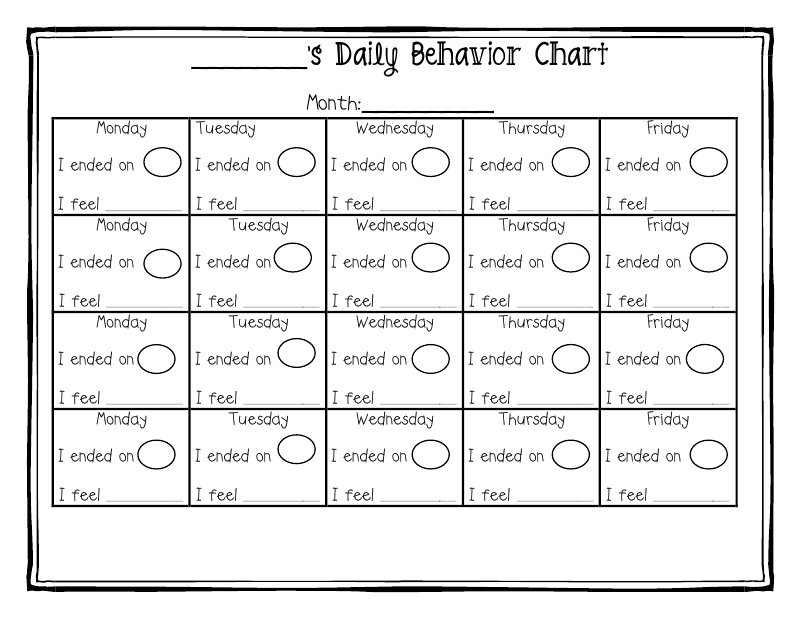 A healthy, balanced diet supports this development and provides babies with the nutrients they need to learn and grow.
A healthy, balanced diet supports this development and provides babies with the nutrients they need to learn and grow.
Your baby's physical development from 12 to 24 months
The period between your baby's first and second birthdays is a time of incredible and exciting mental and physical development. Improved motor skills and strengthened muscles allow the baby to become more mobile every day - walking with help from the side and walking independently become more confident. Improves the coordination needed for running and jumping. Baby's bones also develop rapidly, and the constant process of bone regeneration helps each of them to strengthen and grow.
Your baby is getting bigger and taller every day, he is starting to look more and more mature. The baby's eye coordination and hand movements are constantly improving, helping him to independently manage the spoon and fork, although he will spill food for a while.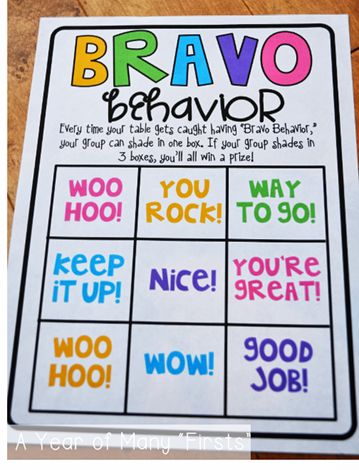 This new skill also helps your little one build big towers and scribble - great things you can do together!
This new skill also helps your little one build big towers and scribble - great things you can do together!
First steps
Most mothers can't wait for their baby or toddler to take their first steps. The moment this happens is really exciting. Watch for signs like bear-crawling (with legs straight and butt up) and baby moving around the room while holding on to furniture.
Although some babies start learning to walk as early as 9 months, many of them are still not completely stable on their feet until 14-15 months, and some cannot learn to walk until 18 months or later. If your baby later mastered other milestones of physical development (such as rolling or crawling), chances are that learning to walk will take a little longer. Every toddler is different, and research shows that late walkers always catch up - there is no link between early walking and intelligence. Whenever a baby takes the first hesitant steps, it is a great joy to watch and your baby will probably get enough encouragement to keep practicing. It is recommended that babies exercise for about 3 hours every day, so when your child is able to stand well, you can let him walk beside you holding your hand or the stroller. Getting somewhere will not be possible so quickly, but this is a great way to use up some of the boundless energy of the baby.
It is recommended that babies exercise for about 3 hours every day, so when your child is able to stand well, you can let him walk beside you holding your hand or the stroller. Getting somewhere will not be possible so quickly, but this is a great way to use up some of the boundless energy of the baby.
Some babies are naturally adventurous and want to run as soon as they start to get up on their own. Others are more cautious and may need a little encouragement to agree to try something new. Once the baby is holding onto your hand and making sure everything is okay, he will soon try to do something more difficult, like climbing stairs or climbing onto a couch. While toddlers are concentrating on walking, other skills, such as the ability to talk, may take a backseat. Don't worry - once the baby has mastered the "step by step" skill, it's time to focus on the ability to pronounce "word by word".
Your Baby's Brain Development from 12 to 24 Months
Some babies begin to combine sounds into onomatopoeic words (like “wow-wow” for a dog), and shortly after their first birthday, real words are within easy reach! By 18 months, most babies can speak about 50 words and understand as many as 500 words, so while babies may not respond, they do listen!
When it comes to thinking, babies become little thinkers.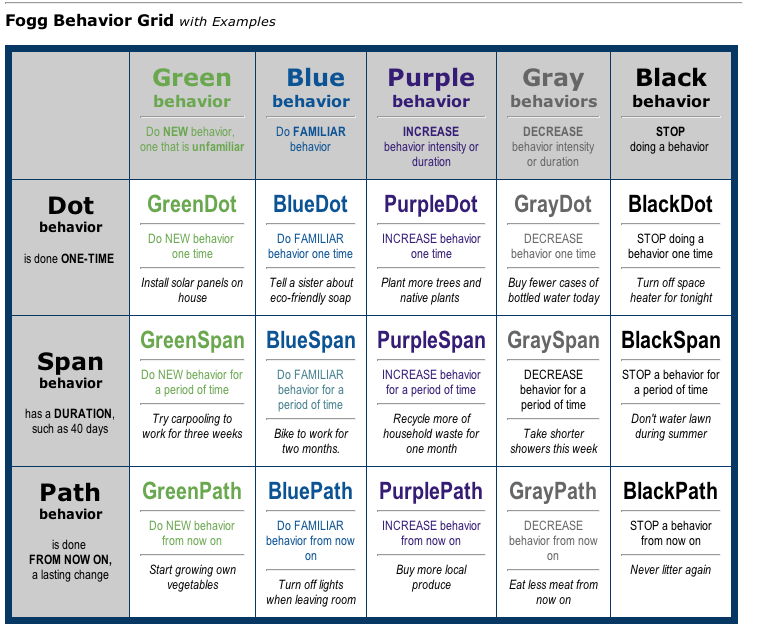 At 12 months, you may notice that they combine 2 ideas to make a plan (for example, when babies are hungry, they may go to the kitchen where they know they can get food). They also become small decision makers who have clear ideas about what and how they want to do. Their behavior becomes more organized, allowing them to switch from playing blocks to eating a sandwich and getting back to their business quite easily. By 18 months, your baby will be able to understand more about what is happening around him. He will know that things lie in certain places and certain activities occur at the same time. So if you change your baby's routine or move his favorite toy somewhere else, he'll probably notice! At this stage, hide and seek becomes fun as your child learns what to expect and what not to expect.
At 12 months, you may notice that they combine 2 ideas to make a plan (for example, when babies are hungry, they may go to the kitchen where they know they can get food). They also become small decision makers who have clear ideas about what and how they want to do. Their behavior becomes more organized, allowing them to switch from playing blocks to eating a sandwich and getting back to their business quite easily. By 18 months, your baby will be able to understand more about what is happening around him. He will know that things lie in certain places and certain activities occur at the same time. So if you change your baby's routine or move his favorite toy somewhere else, he'll probably notice! At this stage, hide and seek becomes fun as your child learns what to expect and what not to expect.
All this development also has a practical effect - your little one will soon want to dress himself and serve himself at dinner. Toddlers are great imitators and enthusiasts, so you can easily start teaching them how to do it, although they will need your help for a while.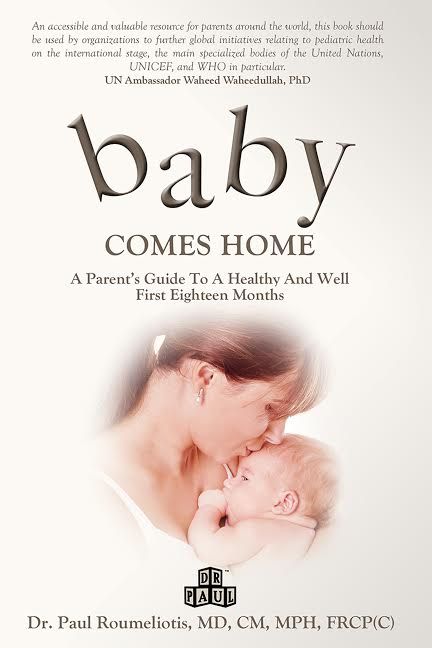 It is amazing and joyful to see how they become more independent, how their little personality develops.
It is amazing and joyful to see how they become more independent, how their little personality develops.
In the same way, your baby's memory improves between 12 and 24 months of age, and it's amazing how great it is! At about 12 months old, babies will recognize rhymes and know how to play games, be able to show you which book their favorite picture is in, and know which toys are theirs. They will also become aware of the concepts of "I" and "me" and may become more possessive of what belongs to them. “Mine” can become a commonly used word. Don't worry, they'll be happy to share soon! By 18 months, your baby will be able to remember a lot of nursery rhymes from his favorite book.
Optimal nutrition for your baby's development
Although your baby looks more and more like a “little adult” every day, he still has to grow and grow and his nutritional needs are different from yours. Incredibly, between the ages of 12 and 24 months, your baby needs almost 3 times the energy of an adult, based on size.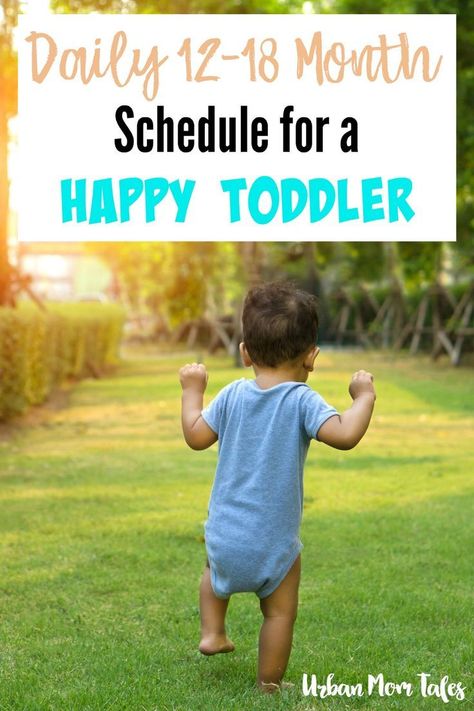 When you consider that his tummy is about three times smaller, it's easy to see why every bite is so important. A healthy, balanced diet is essential to ensure your baby has the right balance of nutrients needed for optimal development. Two vital substances for this developmental stage need attention: iron and vitamin D .
When you consider that his tummy is about three times smaller, it's easy to see why every bite is so important. A healthy, balanced diet is essential to ensure your baby has the right balance of nutrients needed for optimal development. Two vital substances for this developmental stage need attention: iron and vitamin D .
Iron plays an important role in many bodily functions and is an essential nutrient for healthy brain development . Good sources of iron are meat, oily fish, and eggs, as well as plant sources such as beans and green leafy vegetables. Meat and fish contain heme iron, which is easier to use and absorb than the non-heme iron found in plant foods. Including even small amounts of meat and fish in your baby's diet will increase the absorption of iron from other sources. Please note that due to temperament, food vagaries, and poor appetite, many babies may not be getting enough iron from their diet. The situation worsens if babies eat foods low in iron. Offer your child iron-rich foods daily in combination with vegetables or vitamin C-rich fruits to help your child absorb iron more efficiently. In addition, Aptamil 3 and 4 milk drinks are fortified with iron to support your baby's healthy development as they grow and develop.
Offer your child iron-rich foods daily in combination with vegetables or vitamin C-rich fruits to help your child absorb iron more efficiently. In addition, Aptamil 3 and 4 milk drinks are fortified with iron to support your baby's healthy development as they grow and develop.
Vitamin D is another important nutrient during this period. It helps develop your baby's bones and help the body absorb calcium and phosphorus. The main natural source of vitamin D is sunlight on your child's skin. However, sunlight is not a reliable source in our geographic area. Fatty fish and eggs are a great way to meet their vitamin D needs, but it can be difficult for toddlers to eat enough of these foods to get the vitamin they need. In addition to daily vitamin supplements containing vitamins A, C and D, Aptamil 3 and 4 milk drinks are a good way to help your baby get the nutrition he needs at this stage of development. Some varieties fortified with vitamin D will help supplement your baby's diet!
Look for recipes that include the following nutrient-rich foods to support your baby's development at this stage:
-
Fatty fish: salmon, sardines or mackerel.

-
Meats rich in iron: beef, pork, lamb, venison, chicken.
-
Sweet potato (yam).
-
Broccoli, kale and other green leafy vegetables.
-
Strawberry or blueberry.
-
Fortified milk or cereals.
Baby's Amazing Developmental Stages:
The information below will show you what you can expect at each stage of your baby's development. Remember that all babies are different! They grow and learn at different rates, so don't expect your little one to follow a schedule exactly - this is just a rough guideline.
At 1 year old your baby can:
-
Stand with your help or hold on to furniture, then sit back on the floor.
-
Say a few favorite sounds and words.
-
Pick up toys and see what happens when he drops them.
-
Understand some requests such as “put your hands up” while getting dressed.
-
Can start eating with fingers.
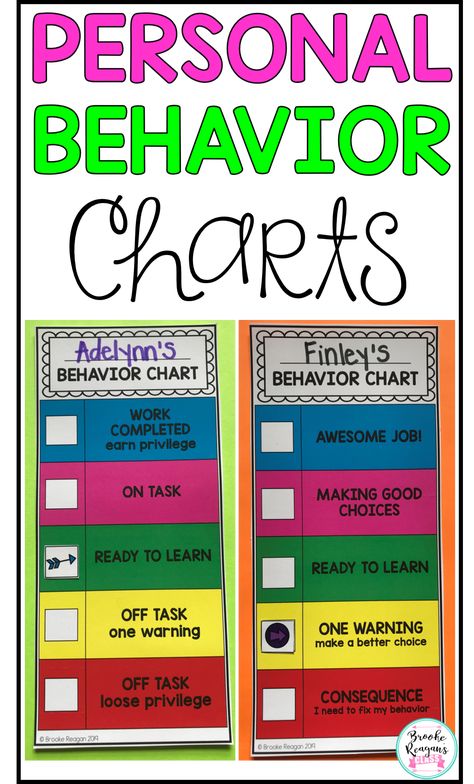
-
Likes empty jars and boxes, imitates such simple actions as waving his hand.
At 18 months your baby can:
-
Walk independently and loves to jump up and down.
-
Climbing up and down stairs holding onto the railing.
-
Build with children's play blocks, throw small balls and take toys apart.
-
Say a lot of words and experiment with word order.
-
Can use both hands to eat or drink from a cup.
-
He may enjoy looking at picture books.
Turning points - baby starts crawling, walking and talking
The crawling stage is a big achievement for your baby as it is the first way to move effectively on his own...
DETAILS
Educational toys and activities for toddlers
Play is an essential part of a baby's life. Our experts have compiled recommendations for children's games that will help.